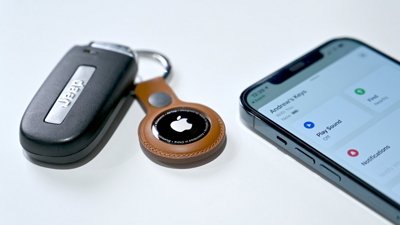Transmeta seeks Core 2 Duo injunction against Intel
A new lawsuit filed against Intel Corp. on behalf of Transmeta threatens to prevent the chipmaker from shipping microprocessors to PC manufacturers such as Apple Computer.
The lawsuit, filed Wednesday in the United States District Court for the District of Delaware, seeks damages, royalty payments, and an injunction barring Intel from selling infringing products such as the Pentium III, Pentium 4, Pentium M, Core and Core 2 processors.
The lawsuit comes after the two companies failed to agree to licensing terms, said Transmeta's President and Chief Executive Officer Arthur Swift. "Friendly win-win discussions between the two parties had broken down and we thought is was appropriate now to turn to the courts."
Nine of the 10 Transmeta patents invoked in the lawsuit cover basic processor functions like scheduling and addressing instructions on the chip, according to InfoWorld. The tenth patent reportedly relates to Transmeta's LongRun technology, which is used to adjust the voltage of the processor, depending on its workload.
If granted, an injunction could prevent further shipments of Intel's Core 2 Duo to Apple, which would halt the roll-out of Core 2 Duo-based MacBook and MacBook Pro systems due a little later this year. It would also freeze production of Apple's other Intel-based systems.
However, such an injunction is incredibly unlikely (and a bit sensational) due to the ramifications it would have on the entire PC industry.
 AppleInsider Staff
AppleInsider Staff







 Andrew Orr
Andrew Orr
 William Gallagher
William Gallagher

 Mike Wuerthele
Mike Wuerthele
 Christine McKee
Christine McKee

 Malcolm Owen
Malcolm Owen
 Amber Neely
Amber Neely







